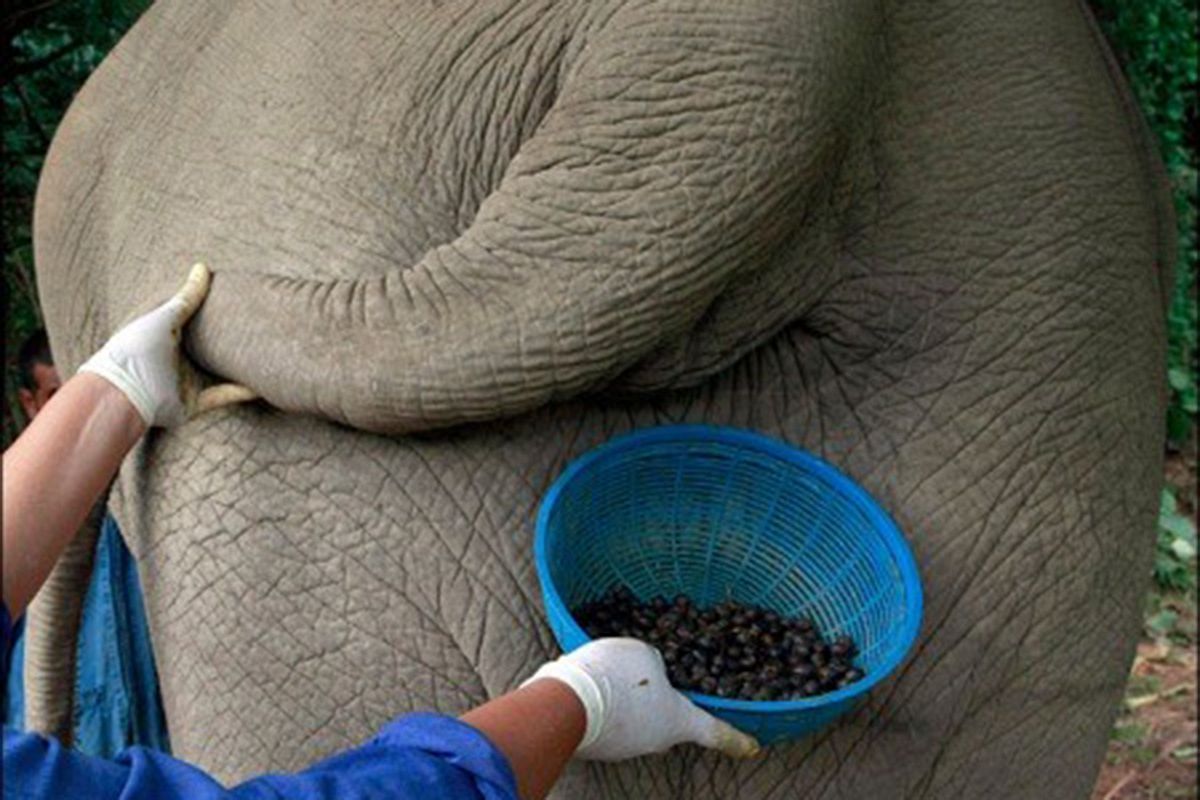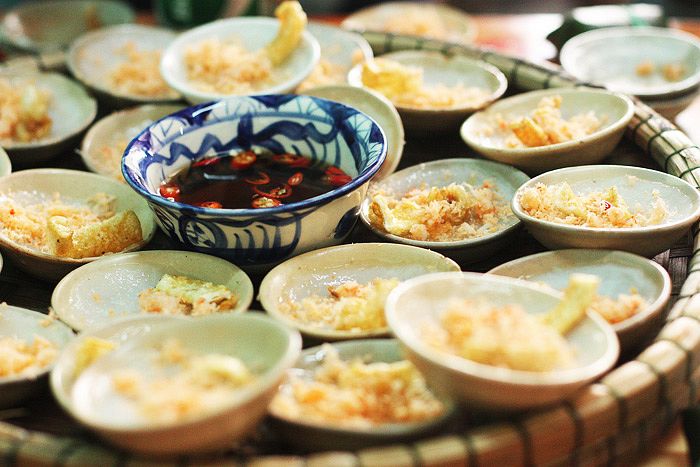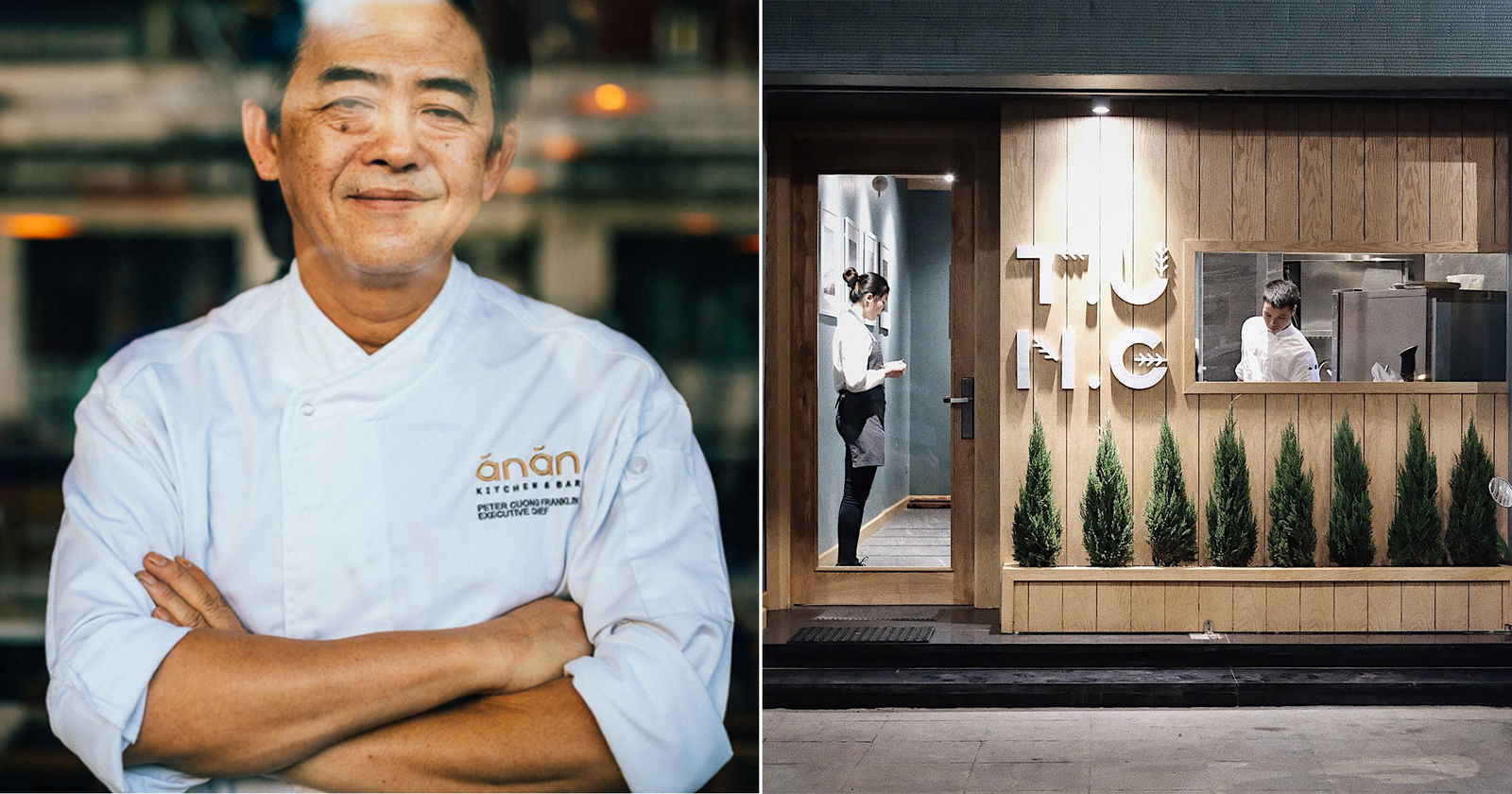Hungry for a piece of Southeast Asia’s rapidly expanding market, Japanese food companies are turning to flavorists and other experts to learn more about the region’s food preferences.
Masaya Tanno, leader of global chemical flavoring company T. Hasegawa’s Bangkok unit, recently told Nikkei Asian Review about his firm's quest to understand the differences in Japanese and Thai flavorings. Through research, Tanno and his colleagues have learned that Thai consumers tend to think Japan's matcha-flavored products taste like seaweed, for instance, or that Thailand's mango flavoring is much sweeter than its Japanese counterpart, an important difference for food companies hoping to appeal to Southeast Asian consumers.
In order to better understand these subtle distinctions, T. Hasegawa relies upon local experts to guide its Japanese food chemists.
"Only local staff can discover new flavors that fit the regional preference," a company representative told the news source.
Tanno’s unit is always on the prowl for new snacks and drinks, especially locally inspired ones with flavors like ground pork or green papaya salad. The firm is also hoping to tap into the halal food market in countries with a significant Muslim population such as Indonesia and Malaysia. Since research has also shown that Filipinos are becoming increasingly more health-conscious, the company is now looking into fruit flavors that give a sharp, refreshing and natural taste.
Japanese flavor experts have recently turned their attention to Southeast Asia because of the stagnant growth at home due to a shrinking and aging population. Southeast Asian markets, on the other hand, are thriving thanks to a ballooning middle class and growing interest in Japanese culture and cuisine.
At T. Hasegawa, regional staff are flown to Singapore, where they will receive three months of intensive training to become flavorists. After that, they return to their home country to work with local clients to turn their hometown’s most popular flavors into snacks and beverages.
Takasago, another top flavoring firm from Japan, currently employs 20 flavorists in Southeast Asia.
"It's difficult to reach an understanding with clients when it comes to taste," a company representative told Nikkei. "It's a challenge to identify subtle nuances and match exactly what the clients are looking for."
[Photo via Nomad Is Beautiful]














